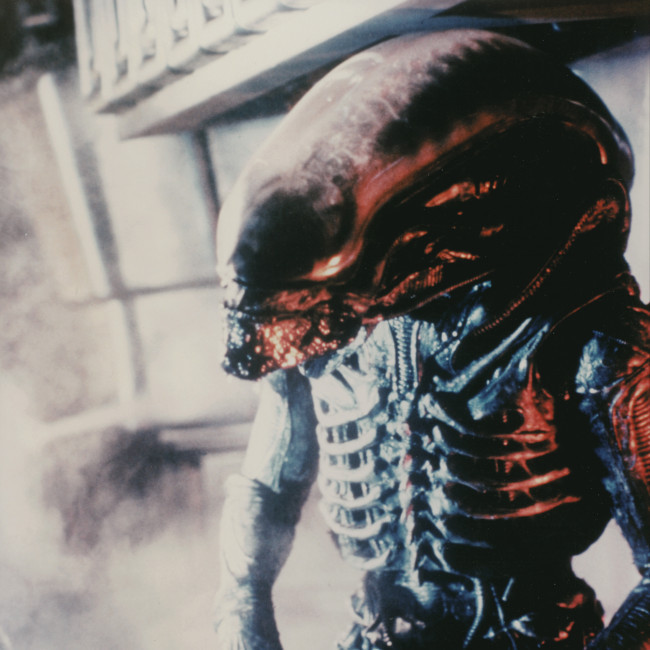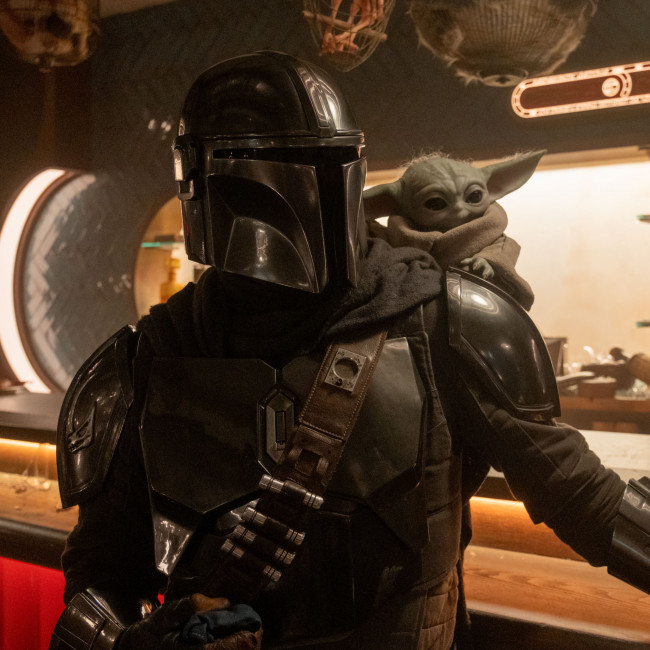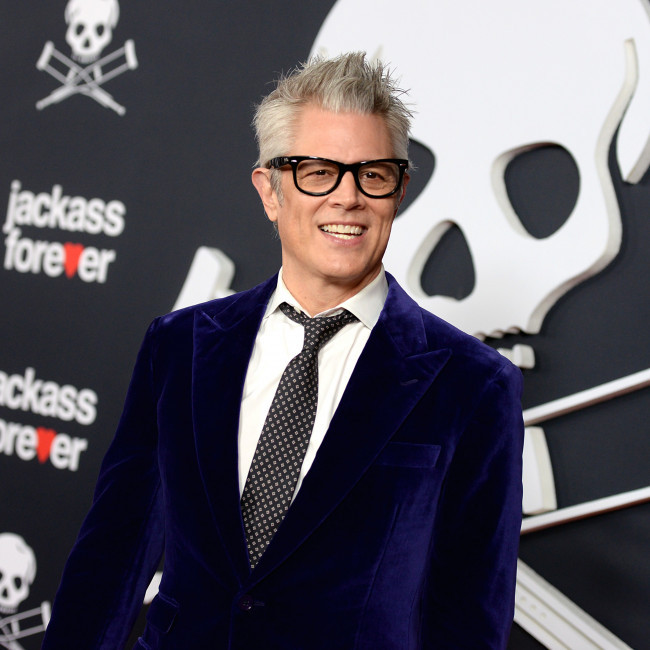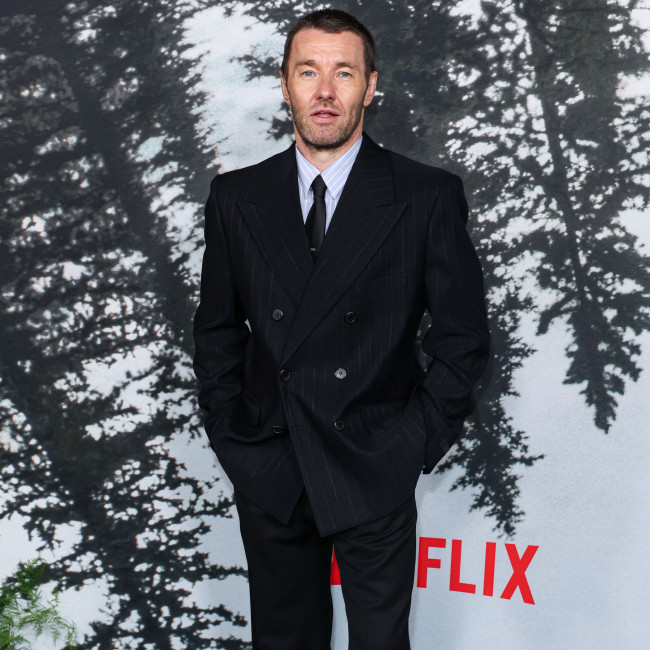Sir Ridley Scott was worried the Xenomorph in ‘Alien’ wouldn’t be scary enough due to the limited visual effects he had access to.
Sir Ridley Scott was worried that the visual effects in ‘Alien’ wouldn’t be scary enough.
The 87-year-old director helmed the 1979 flick that went on to become an iconic example of sci-fi film history, but he has now admitted he was concerned that the practical effects – particularly the rubber Xenomorph suit worn by Bolaji Badejo – may not live up to the frightening nature he was aiming for.
In a video with GQ, Scott said: “Don’t forget, we had no digital effects in those days.
“Nothing. And so backdrops have to be painted, and I have to find a very tall, thin man to squeeze into a rubber suit.
“And therefore, when you do that, you can shoot very little, show as little as possible, because it doesn’t really hold up.”
The ‘Gladiator II’ filmmaker emphasised that ’Alien’s success was nearly completely down to the Xenomorph making a lasting impression on terrified viewers.
He explained: “By being subliminal and minimal, it works very well. I think the creature was unique, and you have to believe.
“It doesn’t matter how good my cast was – cast was fantastic – but without that beast, it wouldn’t have been the same.”
‘Alien’ – which starred Sigourney Weaver, Tim Skerritt, Ian Holm and John Hurt – followed the crew of the starship Nostromo who are awoken from the cryo-sleep in the middle of their deepspace journey to a distress call from another ship.
During their exploration of the foreign spacecraft, the crew discover a nest of alien eggs, and soon find themselves prey to a bloodthirsty Xenomorph.
Reflecting on ‘Alien’, the ‘Blade Runner’ director said Holm’s sinister android Ash was inspired by the evil artificial intelligence HAL from Stanley Kubrick’s sci-fi classic ‘2001: A Space Odyssey’.
Scott explained: “The first time was Stanley Kubrick when he invented HAL … HAL emerged as a computer — which, no one knew what a computer was in those days.
“The computer knows from the corporation that the journey’s success is more important than the crew. So we borrowed that and made that into Ash where he was the ‘company man.’”
After ‘Alien’, Scott parted ways with the franchise to work on other projects, leaving directors James Cameron, David Fincher and Jean-Pierre Jeunet to steer the series.
However, the ‘Napoleon’ director admitted he wished he had stayed on and took full ownership of the I.P. after ‘Alien’ became such a critical and commercial hit.
He told Deadline: “We were asleep at the wheel. My advisors, who frankly no longer are with me, were asleep at the wheel, certainly. And I partly blame myself, except I was busy making other films. And so it was let go and it shouldn’t have been.”
Scott would later return to the franchise with the 2012 prequel ‘Prometheus’ – which he wrote with Damon Lindelof – and its follow-up ‘Alien: Covenant’ five years later.
The filmmaker explained he was convinced to return to the franchise after seeing Cameron’s 1986 film ‘Aliens’ had stood the test of time and become widely accepted as one of the stronger entries into the sci-fi series.
He said: “Years later, I saw this bloody film that they keep playing every night somewhere on the globe, on all the platforms. There’s life in the best, yet.
“That’s why I sat down with the great writer Lindelof, and we reconstructed a resurrection of the era, with ‘Prometheus’, and how it evolved from ‘Alien’.”
Sir Ridley Scott recalls his biggest filming fears on Alien









